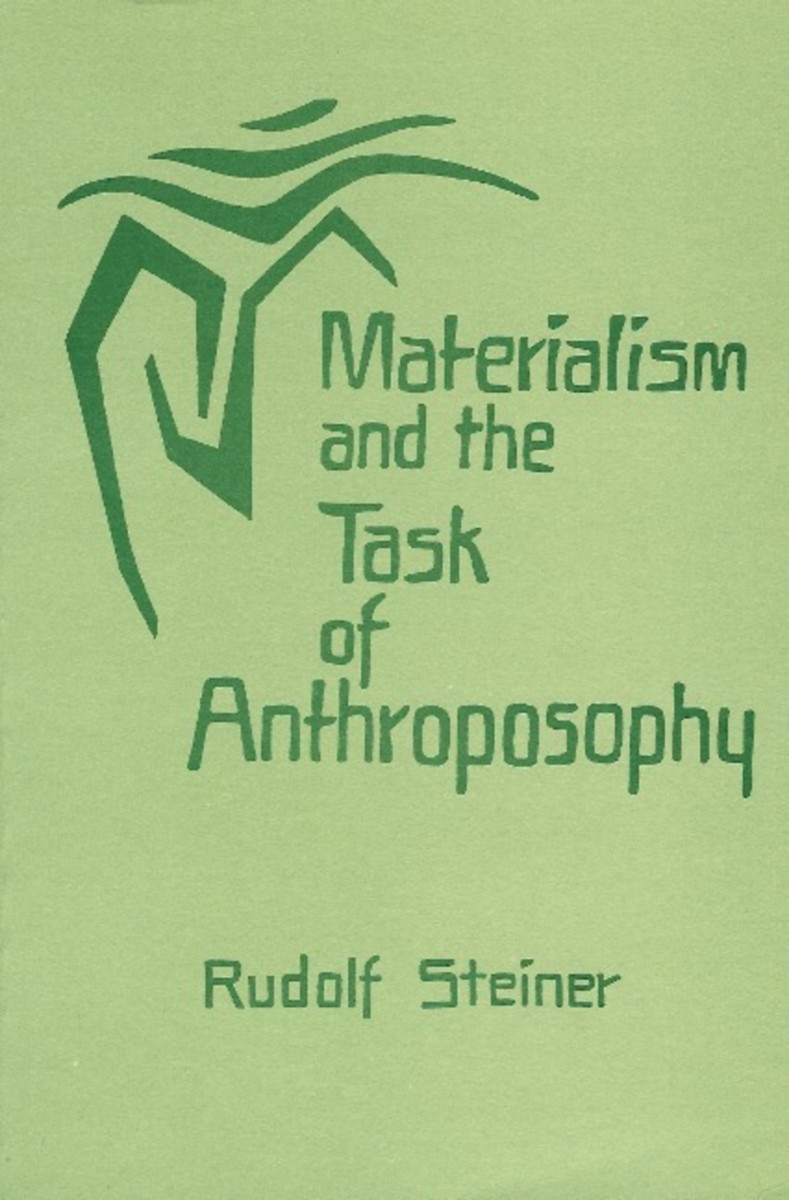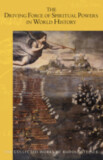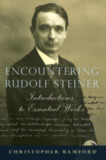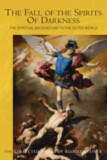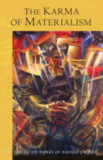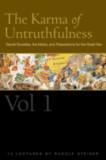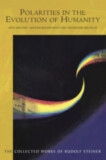Materialism and the Task of Anthroposophy
(CW 204)
- Publisher
SteinerBooks - Published
1st June 1987 - ISBN 9780880101769
- Language English
- Pages 368 pp.
17 lectures, Dornach, April 4–June 5, 1921 (CW 204)
In this history of human consciousness, Steiner explains that the world ended in AD 300, when it became impossible to find spirit in nature. Since then, we have been living in an increasingly spiritual world on a disintegrating, dying Earth. Although people have been asleep to the spiritual reality that surrounds us, Steiner shows a way out of today’s blind materialism that takes us toward a new spiritual perception and knowledge, which is the only way that we will find the Christ in our time.
In these exciting lectures, Steiner also talks about the true nature of numbers, they Mystery of the Grail, and the development of materialism. We need to let go of materialism now that it has fulfilled its task of making us true citizens of Earth. Through spiritual science, we must now be come citizens of the spiritual world.
This volume is a translation from German of Der Mensch in Zusammenhang mit dem Kosmos 4: Perspektiven der Menschheitsentwickelung. Der materialistische Erkenntnisimpuls und die Aufgaben der Anthroposophie. (GA 204).
Rudolf Steiner
Rudolf Steiner (b. Rudolf Joseph Lorenz Steiner, 1861–1925) was born in the small village of Kraljevec, Austro-Hungarian Empire (now in Croatia), where he grew up. As a young man, he lived in Weimar and Berlin, where he became a well-published scientific, literary, and philosophical scholar, known especially for his work with Goethe’s scientific writings. Steiner termed his spiritual philosophy anthroposophy, meaning “wisdom of the human being.” As an exceptionally developed seer, he based his work on direct knowledge and perception of spiritual dimensions. He initiated a modern, universal “spiritual science” that is accessible to anyone willing to exercise clear and unbiased thinking. From his spiritual investigations, Steiner provided suggestions for the renewal of numerous activities, including education (general and for special needs), agriculture, medicine, economics, architecture, science, philosophy, Christianity, and the arts. There are currently thousands of schools, clinics, farms, and initiatives in other fields that involve practical work based on the principles Steiner developed. His many published works feature his research into the spiritual nature of human beings, the evolution of the world and humanity, and methods for personal development. He wrote some thirty books and delivered more than six thousand lectures throughout much of Europe. In 1924, Steiner founded the General Anthroposophical Society, which today has branches around the world.


